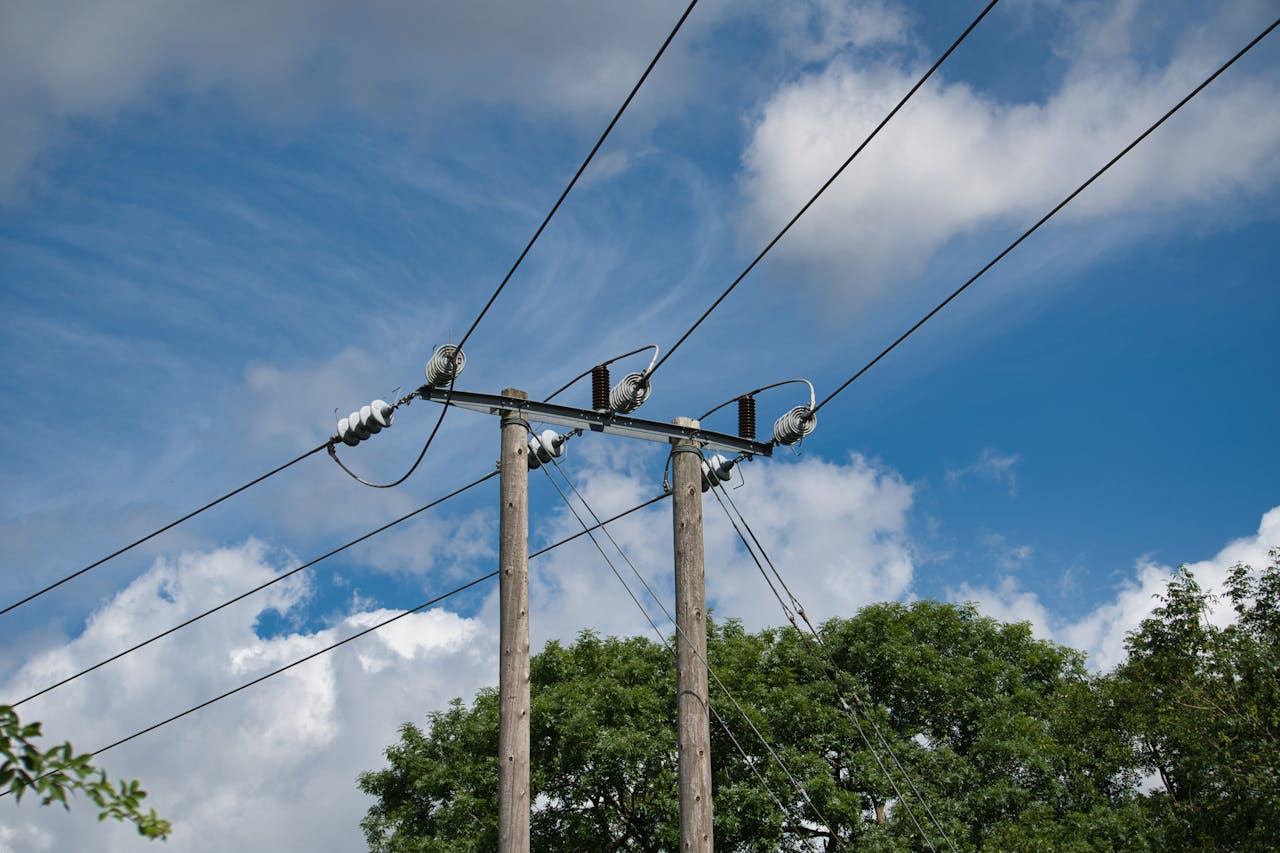
When you fall behind on your utility bills, you might expect some kind of warning before the lights go out. But in some states, utility disconnection laws allow companies to cut off your power, water, or gas without much notice—or sometimes without any warning at all. This can cause real hardship, especially for families living paycheck to paycheck. You could lose access to heat during winter or air conditioning in extreme heat. For many, a sudden loss of service means food spoils, medical devices stop working, and daily routines grind to a halt. Understanding how utility disconnection laws work in your state is crucial for protecting your household from unexpected shutoffs.
Below, we break down eight state laws that let utility companies cut you off without warning. Knowing your rights and the rules in your area can help you avoid surprises and prepare for emergencies.
1. Texas: Minimal Notice During Heatwaves
In Texas, utility disconnection laws are surprisingly lenient for providers. While there are some protections during extreme cold, the state doesn’t require utility companies to provide lengthy advance notice before shutting off power in the summer. If you miss a payment, companies can disconnect your electricity with as little as one day’s warning. This is especially risky in areas prone to heatwaves, where losing power puts vulnerable populations at risk.
Some cities offer additional protections, but statewide rules are minimal. If you live in Texas, it’s important to communicate with your provider as soon as you know you’ll miss a payment.
2. Florida: Short Grace Periods for Nonpayment
Florida utility disconnection laws allow companies to cut off service quickly if you’re late. While some notice is required, it can be as little as 24 hours after a final notice is posted. There are some exceptions during hurricanes or for registered medically vulnerable customers, but these don’t cover everyone. Many Floridians are caught off guard by how little time they have to act once a bill goes unpaid.
3. Georgia: Rapid Shutoffs for Gas and Water
Gas and water utility providers in Georgia have broad authority under state law. Some companies are only required to provide a single written notice, and if payment isn’t made, disconnection can occur almost immediately. There are a few statewide rules mandating longer notice periods. This means you could lose access to essential utilities with very little chance to make arrangements or seek help.
4. North Carolina: Limited Protections for Renters
In North Carolina, utility disconnection laws give renters little protection if their landlord is responsible for the bill. If a landlord fails to pay, utilities can be disconnected with minimal notice—even if tenants are up to date with rent. This loophole has left many renters suddenly without water or electricity through no fault of their own.
While some local ordinances attempt to fill this gap, the state’s overall laws do not guarantee warning for tenants when a landlord is delinquent.
5. Kentucky: Same-Day Disconnection Allowed
Kentucky law permits utility companies to disconnect service the same day payment becomes overdue, especially for smaller municipal utilities. While some providers offer courtesy calls or reminders, they are not legally required to do so. This means customers who miss a payment, even by a day, could come home to find their power or water shut off with no warning.
6. Arizona: Automatic Shutoff for Missed Payments
In Arizona, utility disconnection laws permit automatic shutoff if you miss a payment and don’t respond to a final notice. While utilities are supposed to provide a written warning, there’s no standard for how much advance notice is given. Some companies interpret this loosely, disconnecting customers within hours of a missed deadline.
During extreme heat, some rules apply, but most of the year, protections are limited. If you’re struggling to pay, you need to act fast to avoid losing service.
7. Indiana: No Warning for Tampering or Safety Issues
Indiana law allows utility companies to disconnect service immediately and without notice if they suspect meter tampering, fraud, or safety hazards. While this is designed to protect the public, it also means that even a misunderstanding or error can result in a sudden shutoff. Reinstating service can take days, and you may be required to pay fees or deposits.
If you’re ever notified about a suspected issue, address it right away to avoid a surprise disconnection.
8. Missouri: No Statewide Notice Requirement
Missouri leaves utility disconnection laws largely up to individual providers. Some companies have internal policies about warning customers, but there is no statewide rule requiring advance notice. This patchwork approach means your experience can vary widely depending on your provider. In rural areas, customers report being cut off without any prior warning or final notice.
If you’re unsure about your rights, contact your utility company or check your state’s public service commission website for more details.
What You Can Do to Protect Yourself
Utility disconnection laws vary widely, and not knowing your state’s rules can leave you vulnerable. If you live in a state with little or no required notice, set up payment reminders and communicate with your utility company at the first sign of trouble. Many providers offer payment plans or hardship programs if you reach out early. You can also look into local programs from organizations like LIHEAP that help with utility bills for those who qualify.
It’s also wise to review your provider’s policies and check resources like the Consumer Financial Protection Bureau for tips on managing utility bills. Staying informed gives you more control and can help you avoid the disruption and stress of a sudden shutoff.
Have you ever been surprised by a utility shutoff? Share your experience or tips for dealing with utility disconnection laws in the comments below.
Read More
Unplugged 12 Items You Should Unplug Now To See A Drastic Change In Your Utility Bill







